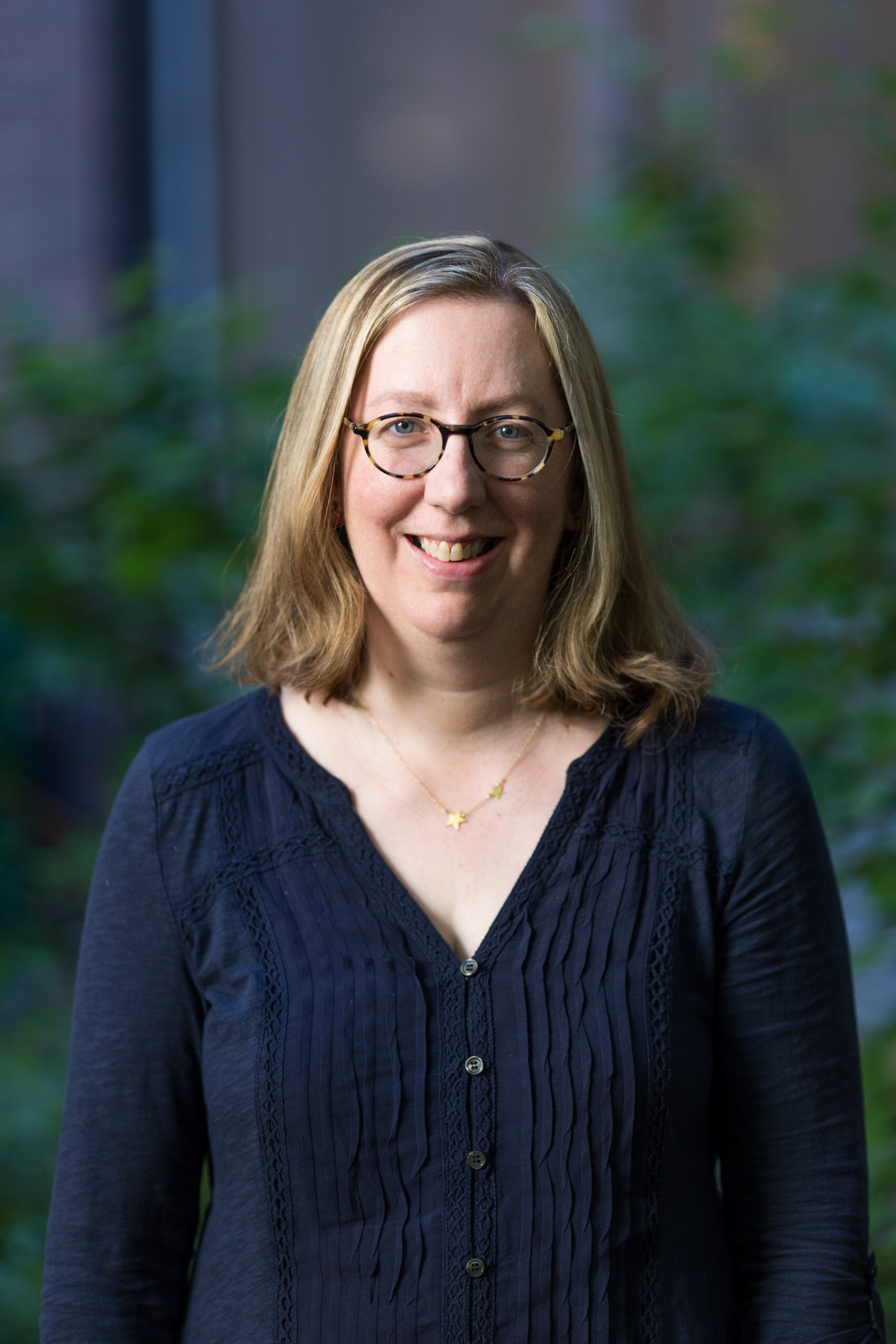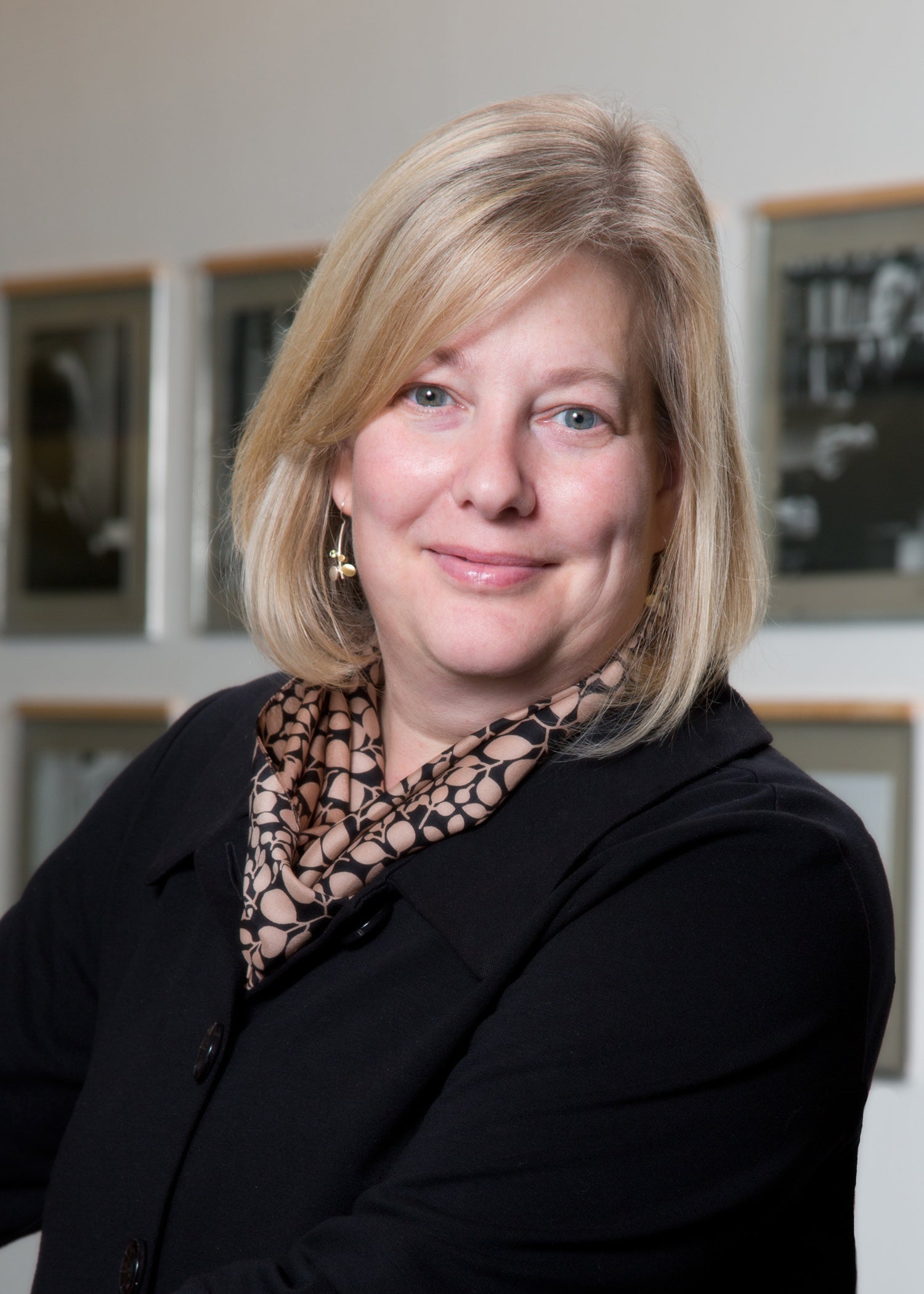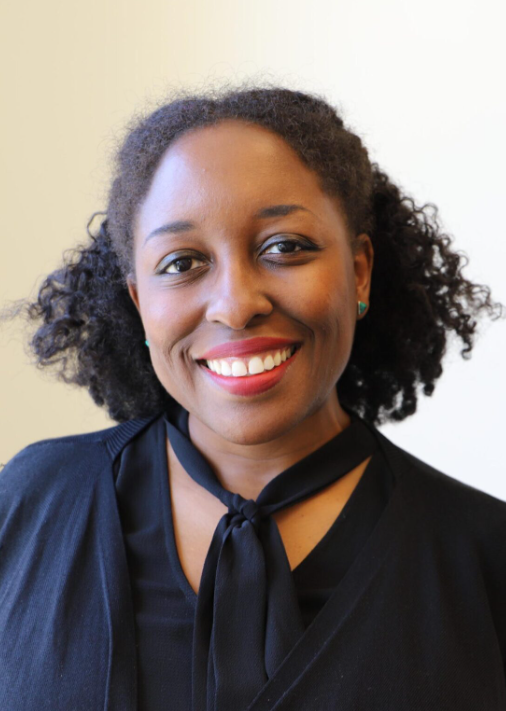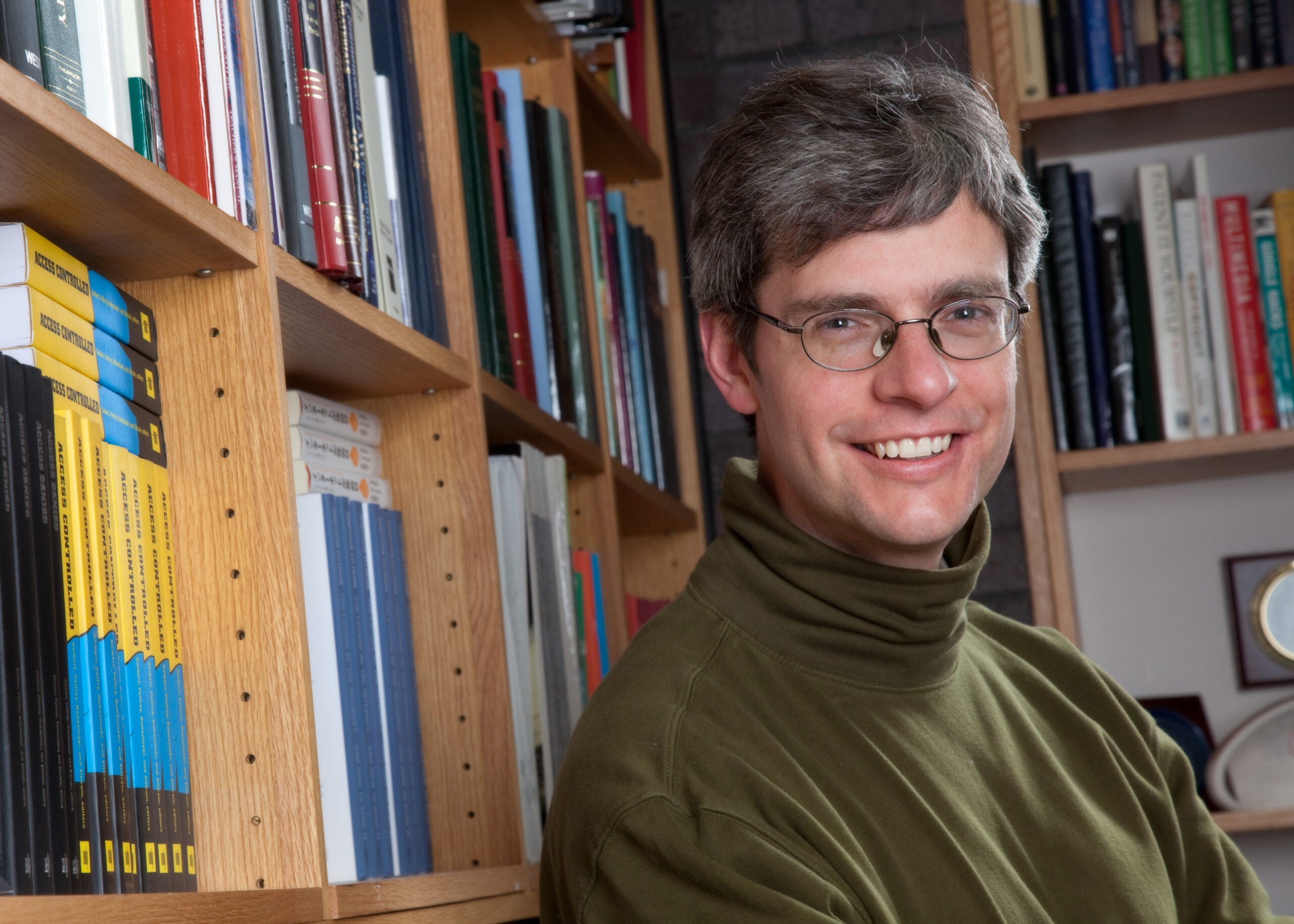From supporting pro-democracy groups in Burma or empowering immigrants with new legal expertise in New Jersey, the recipients of Harvard Law School’s Public Service Venture Fund organization-based fellowships are making their marks all around the world.
Determining who will receive these fellowships is “a wonderful task,” explained Susannah Barton Tobin ’04. Since 2021, the Ezra Ripley Thayer Senior Lecturer on Law has been one of the faculty committee members who choose each year’s fellows. “The recipients are hugely deserving and going on to do wonderful projects that are also the beginning of what will be long-term careers in public service.”

Launched in 2012 by Harvard Law School, the Public Service Venture Fund, or PSVF, awards up to $1.1 million every year to graduates who are pursuing public service. They are divided between organization-based fellowships, which support postgraduate work at a nonprofit or government agency, and seed grants, which fund start-up nonprofit ventures that serve the public directly. To date, the program has funded 251 organization-based fellows and 19 seed grant organizations, for a total investment of $12.7 million.
For the committee members who choose which students and alumni will receive a fellowship, the work is “immensely gratifying,’” said committee member Carol Steiker ’86. Steiker, the Henry J. Friendly Professor of Law as well as the Dean’s Special Advisor for Public Service, was influential in launching the PSVF, having chaired the committee created by then-Dean Martha Minow to explore how the school could help graduates into public interest law. For her, the joy comes through supporting “amazingly talented” young lawyers. “They are not just going to do the work,” she said. “They’re going to be creative, visionary leaders.”

“You get to connect with students and graduates who are really passionate about what they’re working on,” agreed Aminta Ossom ’09, a lecturer on law and clinical instructor in the International Human Rights Clinic, who has served on the committee for two years.
Jim Greiner, the Honorable S. William Green Professor of Public Law and the founder and now faculty director for the Access to Justice Lab, has also been involved with the PSVF since its inception. “It’s just so much fun to hear from the students about what they’re doing and about the passion that they have for the work,” he said, adding that even includes their enthusiasm for tackling “anticipated difficulties.”
The process of choosing who deserves such a boost is exacting. To make their choices, Greiner says he focuses on three questions: Does the candidate have experience in the proposed job? Is it legal work? And, finally, is it a launch position?
While there is some leeway in terms of experience, “generally, somebody who is proposing to do client representation work should have done some client representation work in some way in the past,” he explained. “Generally, someone who is intending to spend time abroad should have had some experience either in that country or in some adjacent cultures.”
For third year J.D. students or recent graduates proposing domestic projects, he explained, the question of whether the project involves legal work is less of a concern. However, he noted, international proposals can be less well defined. “Sometimes folks will propose to do advocacy work, where you do report writing or research,” he said. “We want to make sure the work involves interpretation of the law.”
Focusing on his third concern, he reiterated: “We want to make sure that this will launch into a legal career.”
PSVF Impact
Over the course of its 10-year existence, the Public Service Venture Fund has provided support enabling hundreds of students to pursue careers in public interest law.
-
Organization-Based Fellows 251
-
Seed Grant Organizations Founded 19
-
Total Awards 12.7M
To reach their conclusions, “we do our best to engage the candidates in conversation to hear about the feasibility of their proposals and ask them about the challenges they foresee,” explained Tobin. “Some of the most helpful answers come from their telling us about their experiences in public service so far,” continued Tobin, who is also managing director of the Climenko Fellowship program. “Particularly their work in the many clinical programs where they’re able to give us examples of challenges they’ve met.”
As Ossom added, the fellowships are “sometimes seen as an award, but it really is recognizing their past work, while also looking prospectively at the likelihood of them succeeding in this career.”
Committee members who have been part of the process for a few years have had the opportunity to see the ramifications of these fellowships. “I teach the first semester of the first year, and usually everybody’s a little bit scared but very excited, very passionate,” said Greiner. When he sees those same students again as PSVF fellows, “They’re getting ready to go off and start their careers. And they’re just very excited,” he added. “So, it’s just a real fun thing to do.”

The importance of these fellowships cannot be overstated. “There’s sometimes a misunderstanding about public interest employment because it’s not as well paid,” said Ossom. “Actually, public interest hiring is very selective, and it tends to be very specific.”
Ossom, who graduated before the PSVF was established, credits her own experience as a Satter Human Rights Fellow with helping her land a job with Amnesty International. Public service organizations are “looking for not just a Harvard Law graduate, but a Harvard Law graduate who they know will hit the ground running because the resources are already limited for who they can hire,” she said.
“The biggest impediment for certain students is getting that first job,” agreed Greiner. “This is a chance to make contacts and to impress the folks who may hire them.” A PSVF fellowship may often be “what decides whether they pursue a public interest career or pursue a law firm career right out of law school,” he said.
“It’s such important work. It’s such challenging, difficult work,” said Steiker. While a PSVF fellowship is “not a huge amount of money,” she noted, “it’s enough for a young lawyer to live on for a year, and the hope is that it will launch a career.” Added Tobin, the PSVF fellowships “both increase the number of students who can start their careers in public service and show current students that that path is open to them.”

For the faculty who choose these fellows, the rewards are ongoing. “You get to see the impact that your community at HLS is having in the world,” said Ossom. Those benefits reflect back on the committee, who often continue to discuss both the candidates and their projects. “We’re faculty and staff who have already had our own public interest careers,” she said. “We’re committed to creating a pipeline for students to get into public service or public interest, and we’re cheerleaders for the candidates.”
Ultimately, said Steiker, the reward lies in knowing what they are supporting. “We are seeding the next generation of public interest leaders,” she said.
Want to stay up to date with Harvard Law Today? Sign up for our weekly newsletter.
